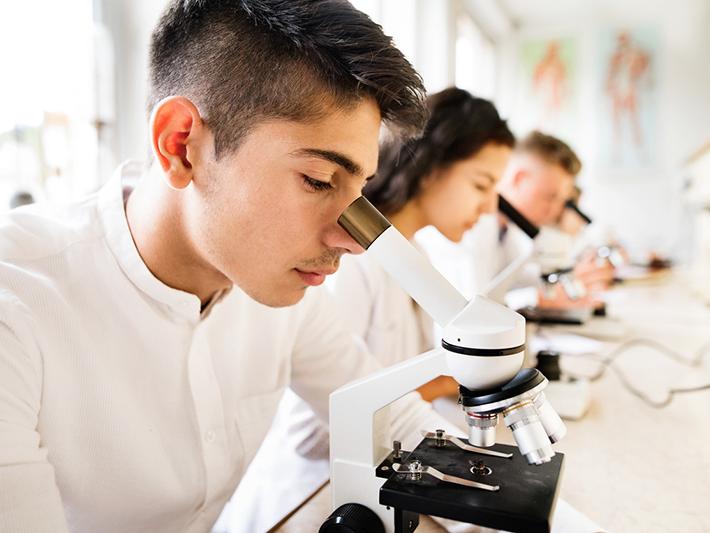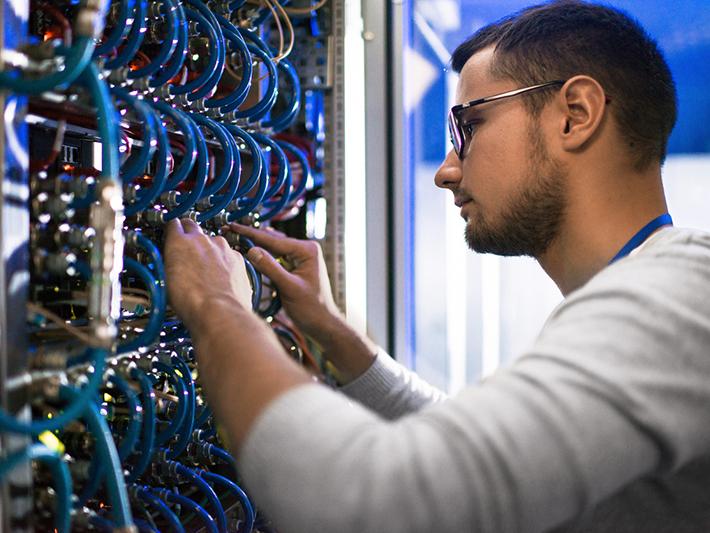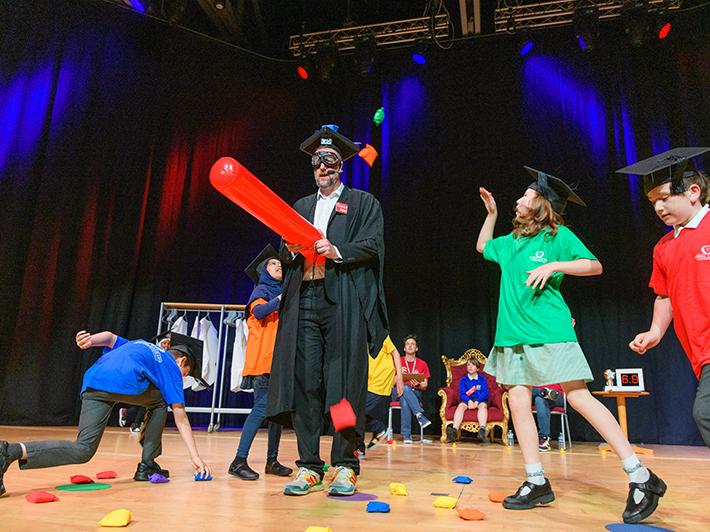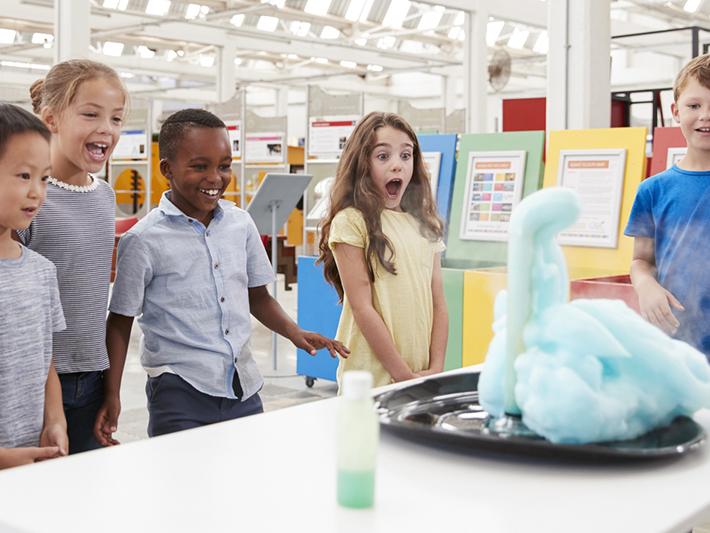
Encouragement and talent development for future scientists

You may also like
Science can feel out of reach for school students, especially if they do not realise the many career paths available in research or think only of typical scientific careers, such as becoming a doctor. To pique the scientific interest of younger generations, higher education and research institutions can showcase the range of career opportunities available.
One of the best ways to engage and inspire the next generation is to offer hands-on experiences in real research environments. Over the past two years, I have helped provide opportunities for GCSE and A-level school students to visit our institute and gain direct work experience in our research activities. By offering these experiences, we aim to help students gain insights into scientific careers and encourage them to explore paths in molecular biology, project management and bioinformatics.
- How can universities get more school pupils enthusiastic about science?
- When engaging young people in participatory research, trust is key
- THE Awards 2024 spotlight: learn from the best in UK and Irish higher education
Here are effective ways to engage school students during lab visits.
Design training programmes for students
Hands-on lab experiences
During student lab visits, we provide hands-on experience with molecular biology techniques and working with CRISPR libraries, including cloning, DNA extraction and PCR. We also offer hands-on training in cell culture work. These experiences demonstrate what day-to-day research can look like.
We design simple, interactive yet informative experiments that allow students to handle laboratory equipment and observe the processes involved in gene editing. They also do bioinformatics analysis on their own work. This direct interaction with real-world science fosters curiosity and a deeper understanding of laboratory and computational work.
Career guidance
Beyond practical skills, we highlight career pathways in science. I arrange informal sessions where students can interact with PhD students, postdocs, staff scientists and technicians. During these sessions, the students can ask the scientist about their career journey, choice of subjects and the different roles within the research community. This helps students see that there are multiple ways to build a career in science.
I highlight the essential skills scientists need for success in any research project, including collaboration, critical thinking and perseverance.
Lasting impact through learning and collaboration
Bioinformatics in the curriculum
With the increasing importance of bioinformatics and computational biology, I provide students with a basic introduction using simple online tools and databases, guiding them on how to use these resources to analyse DNA sequences or explore genetic data. These sessions are tailored to individual educational levels, ensuring students gain valuable skills without feeling overwhelmed. By presenting bioinformatics and computational biology as an integral part of modern research, we hope to inspire students to consider careers in this rapidly growing field.
Training the next generation in research and innovation
I have developed a week-long work experience programme for GCSE students, where they spend time learning and performing both experimental and computational research. This programme also teaches students the importance of data analysis and interpretation in scientific research. By fostering an environment of learning and collaboration, we give students a chance to explore their interests and understand how scientific disciplines interconnect.
What to consider when bringing students into a lab environment
When planning student visits into a lab environment, the main considerations are:
Educational value
As I can accommodate only five students for the week-long visit in lab, the school selects the students depending on their interest. I engage with the schoolteachers and design practical activities that are age appropriate, relevant to the students’ academic level, and aligned with scientific research. Simple, interactive experiments allow students to experience real-world science, helping them understand fundamental concepts in molecular biology, gene editing and bioinformatics.
Hands-on experience
Experiences that encourage students to participate in laboratory processes, which include handling equipment or performing basic techniques such as PCR or DNA extraction, make the science interactive.
Career insights
Our career guidance includes showcasing diverse roles within the research field. The close interaction between students and scientists gives them opportunity to broaden their understanding of career pathways in science, molecular biology, bioinformatics and other related fields.
Safety
Safety is important when bringing students into a lab. The following steps help ensure a safe experience:
- Risk assessment: Before students visit the institute, we share risk assessments for all the planned experiments they will be conducting in lab. The students are sent a copy of the risk assessment, and they need to sign the documents. The health and safety team are involved in checking the risk assessment related to planned activities, and there is no exposure to hazardous reagent. The team members who are involved in training the students are aware of the risk assessment and can guide students.
- Safety orientation: The first day of a student visit is mainly focused on lab inductions and sharing information about personal protective equipment (such as safety goggles, lab coats and gloves).
- Supervised access: The students are always supervised by trained lab staff when in the lab, especially around certain restricted areas and equipment, and hazardous chemicals.
Nurturing a passion for science
Our goal is to make science accessible and exciting for young minds. The students who visit our lab often leave with a new perspective on research and a keen interest in pursuing scientific careers. I believe that if we share our knowledge and experiences, we help break down the barriers that might prevent students from considering a future in science.
Mamta Sharma is a senior technical specialist at the Wellcome Sanger Institute, UK. She was shortlisted in the Outstanding Technician of the Year category in the 2024 THE Awards. A full list of nominees can be found here.
If you would like advice and insight from academics and university staff delivered direct to your inbox each week, sign up for the Campus newsletter.


